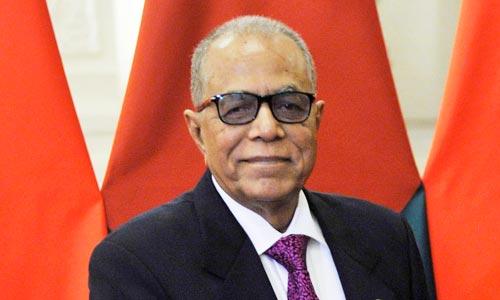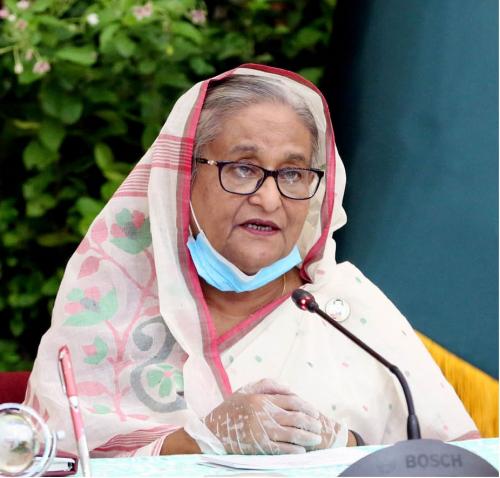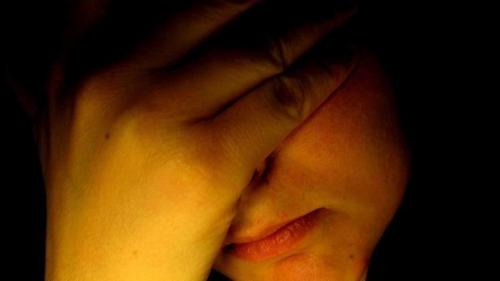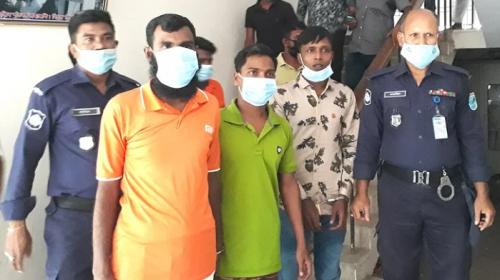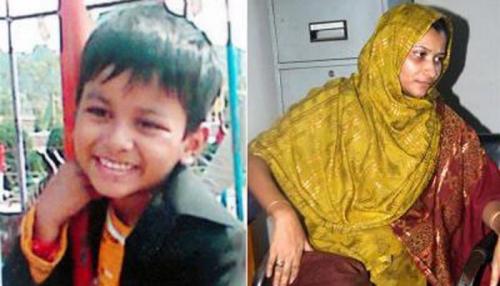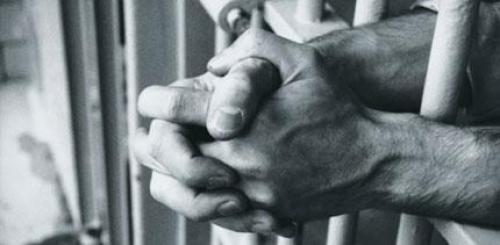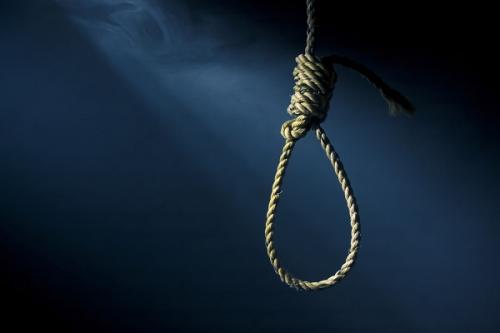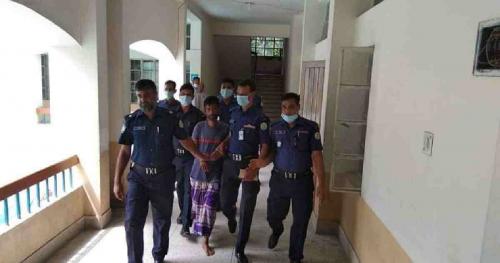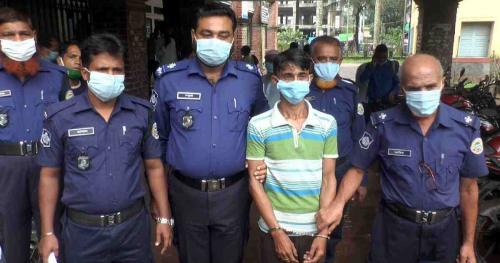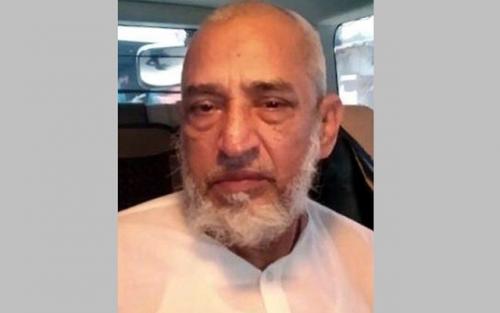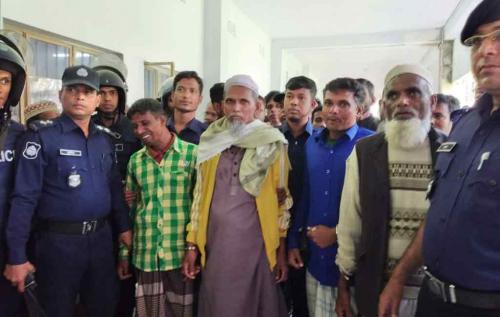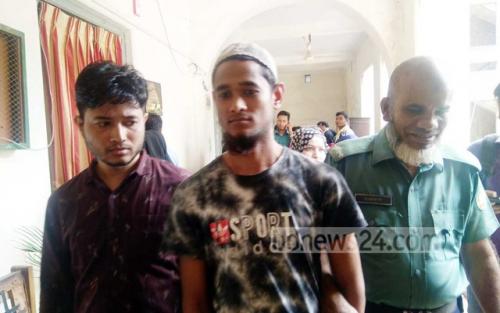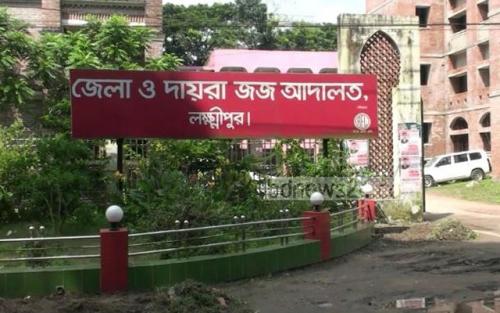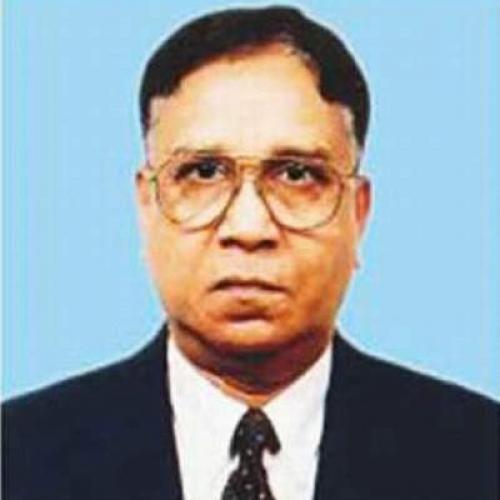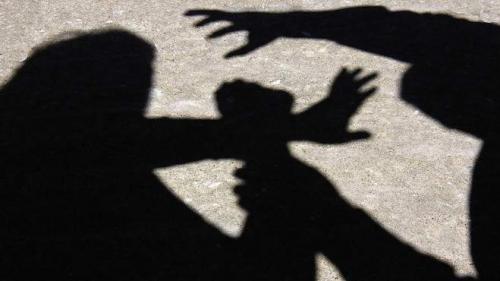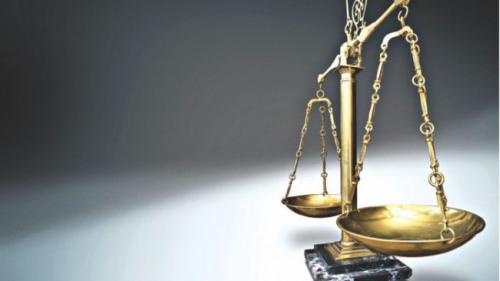situation:Article 32 of the Constitution provides: “No person shall be deprived of life. . . save in accordance with the law.” An extremely broad range of crimes currently warrant the death penalty in Bangladesh, including non-lethal crimes such as counterfeiting and smuggling.
Bangladesh applies the death penalty for such crimes as murder, sedition, offenses related to possession and drug trafficking, treason, espionage, military crimes.
In March 1998 the Bangladesh Cabinet approved the death penalty for crimes against women and children including trafficking, rape and murder. The maximum punishment for such crimes was formerly 10 years in prison. In 1997 capital offences were extended to include hijacking of planes and sabotage.
On 16 March 2004, Parliament passed the Disruption of Law and Order Offences (Speedy Trial) Act of 2004 to extend the term of the much-debated Speedy Trial Act created in 2002 for another two years following its expiration on 9 April 2004. The law, approved by Parliament on 13 March 2002 and effective from 10 April 2002, instituted special tribunals and fast track trials (to take place within 90 days of the filing of a report) with the power to condemn to death people found guilty of violent crimes.
Death sentences have increased notably since these special tribunals were established.
On 5 May 2015, the Appellate Division of the Bangladesh Supreme Court declared the mandatory death penalty provisions of the Women and Children Repression Act of 1995 and the Prevention of Oppression Against Women and Children Act of 2000 unconstitutional, “because they prescribe a mandatory death penalty for the offence of causing death after rape.” The crimes included under the above sections are: murder of a woman or child using explosives, corrosive substances, or poison; dowry murder, in which a woman is killed by her husband or his family after suffering harassment or torture to extort a higher dowry; and murder following rape. The apex court came up with this landmark decision after allowing an appeal filed by the Bangladesh Legal Aid and Services Trust in April 2010 challenging the High Court’s March 2010 verdict, which had upheld a 1995 mandatory death sentence for Sukur Ali, a then 14-year-old boy who was convicted of the rape and murder of a 7-year-old girl. On 3 August 2015, the Supreme Court commuted his death sentence to jail until death.
On 29 February 2016, the Parliament has passed a bill that allows death sentence for coast guards for mutiny in the force. The existing Coast Guard Act-1994 will get consolidated when the new bill becomes a law.
Executions are carried out in jail by hanging. According to the NGO Odhikar (a Bangla word that means ‘rights’), sometimes other prisoners are forced into carrying out the executions of their peers without any legal basis in domestic legislation.
In 2017, Bangladesh hanged at least
6 people, for terrorism (3) and acts of political violence (2) and for murder (1). In 2016 executions were 10 and 4 in 2015. In 2014, no execution was recorded in Bangladesh, which had hanged two people in 2013 and one in 2012.
The number of deaths sentences has increased in 2017 with
303 issued, including four women and a juvenile at the moment of fact, according to Bangladeshi NGO
Odhikar. In 2016, Amnesty International reported 245 death sentences.
On 10 June 2017, Assistant Inspector General of Prisons (administration) Md Abdullah Al-Mamun told the Bangla Tribune that there are
1,456 persons on death row and
37 of them are women.
The war on terror
Bangladesh—a secular, Muslim-majority country—has struggled with violent Islamist groups since the country fought an eight-month war for independence from West Pakistan in 1971.
In 1996 and again in 2008, the secular Awami League came into power, led by Sheikh Hasina. Following her return to power in 2008, Hasina promised prosecutions against those who had committed war crimes in 1971.
Terrorist acts, as well as ordinary crimes like murder, extortion and kidnapping fall under the jurisdiction of the high speed tribunals.
On 19 February 2009, the government approved a tough anti-terrorism ordinance which provided the death sentence or life imprisonment or maximum 20 years and a minimum of 3 years rigorous imprisonment. The Anti-Terrorism Ordinance of 2008, presented by the previous interim government, suggests that any act that poses a threat to the sovereignty, unity, integrity or security of Bangladesh or creates panic among the general masses or obstructs official activities be treated as terrorism. According to the ordinance, the use of bombs, dynamite or other explosives, inflammable substances, firearms, or any other chemicals in a way that may injure or kill people to create panic among the public, and damage public or private property have been defined as acts of terrorism. Threatening anyone with death, taking any person hostage, physically assaulting anyone or creating panic in the general masses, detaining or abducting a person by such acts have also been defined as terrorism.
On March 2, 2010, the judges of the High Court, Imman Ali and Abdul Awal, declared unconstitutional the legislation in the country that provides for the mandatory death penalty.
On 26 December 2011, the cabinet approved the final draft of the Anti-terrorism (amendment) Act, 2011 with a provision for the death penalty for getting involved in, supporting or financing militancy and terrorist activities in the Country. Any Bangladeshi or foreign national using Bangladeshi land for terrorist activities in other Countries or supporting such activities would be brought to trial under this act.
On 16 February 2012, the Anti-Terrorism (Amendment) Bill, 2012 was passed in the Jatiya Sangsad, keeping a provision for capital punishment (death sentence) as the maximum punishment. The House passed the bill by voice vote. Home Minister Shahara Khatun proposed the bill in the parliament for passage. Earlier, chairman of the parliamentary standing committee on Home Ministry Maj Gen (retd) Abdus Salam placed the scrutinised report on the bill. The home minister said the Anti-Terrorism (Amendment) Bill was brought to resist various criminal activities and to safeguard the sovereignty of Bangladesh. The Anti-Terrorism Act, 2009 has been amended to stop the use of Bangladeshi land for conducting terrorist activities inside the Country or other Countries, all types of illegal arms, carrying explosives and creating panic among the people through any terrorist activity.
On 16 June 2013, Bangladesh Parliament passed a law with provisions allowing the death penalty for adults (mis)using children in violent activities such as murder, terrorism and intimidation, in line with the Anti-Terrorism Act 2009. The House passed the Children Bill 2013 proposed by Social Welfare Minister Enamul Haque Mostafa Shahid through an open vote with lawmakers from the Treasury Bench shouting “yes” while opposition lawmakers said “no.” The new provision states: “No matter whether genuine guardian or custodian of using the adolescents (up to 18 years) in the terrorist activities, defined in the section six of the Anti-Terrorism Act 2009, will (be) presumed to have committed the terrorist activities done by the children concerned.”
In 2010, the International Crimes Tribunal (ICT) was set up by the Government led by Sheikh Mujib’s daughter, Sheikh Hasina Wajed. The tribunal was established to try Bangladeshis accused of collusion with Pakistani forces and committing crimes against humanity and war crimes during the war for independence from Pakistan in 1971. Bangladesh says Pakistani soldiers and local collaborators killed 3 million people and raped 200,000 women during the war. Independent researchers put the death toll between 300,000 and 500,000 people.
On 17 February 2013, Bangladesh’s Parliament amended the International Crimes Tribunal (ICT) law, allowing the death penalty for those allegedly involved in crimes against humanity in the 1971 independence war. The new law means the Government and others can now appeal against ICT verdicts. Furthermore, the amendment will give the tribunal powers to prosecute any political parties or organizations reputedly involved in war crimes, and ban such parties from politics.
The imposition of mandatory death sentences for certain crimes deprives the judiciary of discretion to take into account possible extenuating circumstances.
According to Article 49 of the Constitution, the President shall have the power to remit, suspend or commute any sentence passed by any court, tribunal or other authorities.
Five men were hanged for terrorism (3) and acts of political violence (2) in 2017. Six people were hanged for these crimes in 2016 and four other people in 2015, including three for crimes against humanity and war crimes.
Commutation of death sentences or suspension of executionsOn 5 March 2014, Minister for Home Asaduzzaman Khan Kamal said a total of 33 people, who were sentenced to death from 2001 to date, received presidential mercy. Of the 30 convicts, 23 were acquitted while the capital punishment of six of them was commuted to life term and one was awarded 10-year jail term, he added. During the BNP-Jamaat alliance’s 2001-06 tenure, the President granted clemency to one and awarded life term to another in 2005. Two other death row convicts got clemency during the 2007-08 military-backed caretaker government. Their death sentences were commuted to life term in 2007. During the Awami League’s 2009-13 tenure, then President Zillur Rahman granted clemency to 22, while three were handed life term and one 10 years imprisonment. Of the 22, 21 had been condemned to death in a single murder case in 2010. The Bangladesh Awami League is the country’s current governing party, after winning a majority at the January 2014 parliamentary elections.
Bangladesh resumed executions in 2001, after a de facto three-year suspension. Two men were hanged between February and March and another in November. One execution was recorded in 2002 and two people were put to death in 2003. At least 13 people were sent to gallows in 2004 and at least five in 2005; four people were executed in 2006, six in 2007, five in 2008 and 3 in 2009.
In 2010, there were 9 executions, and at least 47 death sentences were handed down.
At least 5 executions were carried out in 2011. According to the Odhikar Annual Human Rights Report, 97 people have been awarded the death sentence by various courts in 2011 and in 2012, 77 death sentences were imposed and 1 execution was carried out. In 2013, Bangladesh hanged two people, one for murder and the other for crimes against humanity and war crimes. At least 216 death sentences were issued. In 2013 and the first six months of 2014, dozens of activists of the banned Islamist group Jama’atul Mujahideen Bangladesh (JMB) were sentenced to death for terrorism, while some leading executives of the legal Bangladesh Jamaat-e-Islami party were sentenced to death and, in one case, executed for offences carried out four decades ago during the independence struggle against Pakistan.
In 2015, Bangladesh executed four people, one for murder and three for crimes against humanity and war crimes. At least 197 people were sentenced to death in 2015, according to Amnesty International, and at least 1,425 people were on death row at the end of the year. In 2014, no executions were recorded in Bangladesh, which had hanged two people in 2013 and one in 2012.
The death penalty on women
Women cannot be executed while pregnant, and the High Court may commute a woman’s sentence to life imprisonment after term according to the Code of Criminal Procedure, art. 382
On 10 June 2017, Assistant Inspector General of Prisons (administration) Md Abdullah Al-Mamun told the Bangla Tribune said that since independence, Bangladesh has not carried out the death sentence of any woman convict. Even if a woman is sentenced to death, her punishment is later commuted.
The latest example is Oishee Rahman, who killed her father, Special Branch inspector Mahfuzur Rahman, and mother Swapna Rahman on August 16, 2013 at their Malibagh residence.
A Dhaka court found her guilty in 2015 and handed down maximum penalty for the cold-blooded killing. But the High Court on 5 June 2017 revised the punishment to life imprisonment.
According to Prisons Headquarters, altogether 2,899 women (on a prison population of 75,935) are behind bars – 2,369 of them are under trial while the 533 are serving various sentences. Only
37 of them are carrying death sentences.
There are 267 children below the age of six with the female prisoners and detainees.
Prisons sources say the only known execution of a woman in this region took place in 1937 in Sylhet, when one Karimunnesa was hanged for murdering her husband. At least
one woman was sentenced to death in 2017 according to Amnesty International.
United NationsThe Human Rights Council, in its 2009 Universal Periodic Review of human rights in Bangladesh, recommended that Bangladesh institute a moratorium on executions, restrict the scope of the death penalty to comply with minimal international standards, and abolish the death penalty.
On 29 April 2013, Bangladesh was reviewed again under the Universal Periodic Review of the UN Human Rights Council. The recommendations to establish a moratorium on the death penalty, as a first step towards complete abolition of this practice and accession to the Second Optional Protocol of the International Covenant on Civil and Political Rights, aiming at the abolition of the death penalty, did not gain the support of Bangladesh. Foreign Minister Dipu Moni said death penalty is not unique to Bangladesh and its application is restricted to the most serious and heinous crimes under due legal process and judicial safeguards. Bangladesh maintains an extremely low rate of death sentences, the Foreign Minister added.
On 29 September 2017, Bangladesh voted against the Resolution on the death penalty at the 36° session of the UN Council on HUman Rights.
On December 16, 2020, Bangladesh once again voted against the Resolution on a Moratorium on the Use of the Death Penalty at the UN General Assembly.


